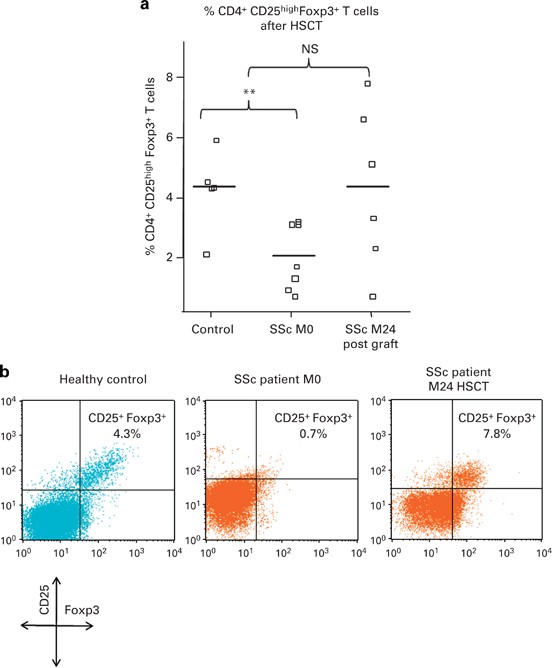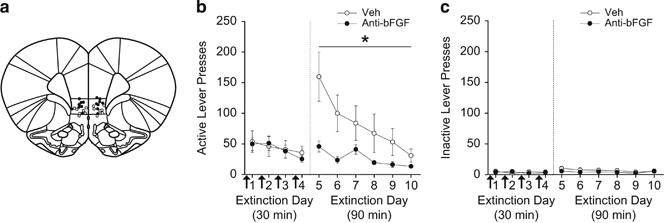
- Select a language for the TTS:
- UK English Female
- UK English Male
- US English Female
- US English Male
- Australian Female
- Australian Male
- Language selected: (auto detect) - EN
Play all audios:
Seemingly contrasting genetic backgrounds in anti-citrullinated-protein antibody (ACPA)-positive and ACPA-negative rheumatoid arthritis (RA) support the notion that these are in fact two
distinct disease subsets, with different underlying pathogenesis, that might need tailored treatment strategies. Access through your institution Buy or subscribe This is a preview of
subscription content, access via your institution ACCESS OPTIONS Access through your institution Subscribe to this journal Receive 12 print issues and online access $209.00 per year only
$17.42 per issue Learn more Buy this article * Purchase on SpringerLink * Instant access to full article PDF Buy now Prices may be subject to local taxes which are calculated during checkout
ADDITIONAL ACCESS OPTIONS: * Log in * Learn about institutional subscriptions * Read our FAQs * Contact customer support REFERENCES * Syversen, S. W. _ et al_. High anti-cyclic
citrullinated peptide levels and an algorithm of four variables predict radiographic progression in patients with rheumatoid arthritis: results from a 10-year longitudinal study. _Ann.
Rheum. Dis._ 67, 212–217 (2008). Article CAS Google Scholar * Padyukov, L. _ et al_. A genome-wide association study suggests contrasting associations in ACPA-positive versus
ACPA-negative rheumatoid arthritis. _Ann. Rheum. Dis._ 70, 259–265 (2011). Article Google Scholar * Stahl, E. A. _ et al_. Genome-wide association study meta-analysis identifies seven new
rheumatoid arthritis risk loci. _Nat. Genet._ 42, 508–514 (2010). Article CAS Google Scholar * Huizinga, T. W. _ et al_. Refining the complex rheumatoid arthritis phenotype based on
specificity of the _HLA-DRB1_ shared epitope for antibodies to citrullinated proteins. _Arthritis Rheum._ 52, 3433–3438 (2005). Article CAS Google Scholar * Verpoort, K. N. _ et al_.
Association of HLA-DR3 with anti-cyclic citrullinated peptide antibody-negative rheumatoid arthritis. _Arthritis Rheum._ 52, 3058–3062 (2005). Article CAS Google Scholar * Daha, N. A. _
et al_. Confirmation of _STAT4_, _IL2_/_IL21_, and _CTLA4_ polymorphisms in rheumatoid arthritis. _Arthritis Rheum._ 60, 1255–1260 (2009). Article Google Scholar * Uysal, H. _ et al_.
Structure and pathogenicity of antibodies specific for citrullinated collagen type II in experimental arthritis. _J. Exp. Med._ 206, 449–462 (2009). Article CAS Google Scholar *
Schuerwegh, A. J. _ et al_. Evidence for a functional role of IgE anticitrullinated protein antibodies in rheumatoid arthritis. _Proc. Natl Acad. Sci. USA_ 107, 2586–2591 (2010). Article
CAS Google Scholar * van Dongen, H. _ et al_. Efficacy of methotrexate treatment in patients with probable rheumatoid arthritis: a double-blind, randomized, placebo-controlled trial.
_Arthritis Rheum._ 56, 1424–1432 (2007). Article CAS Google Scholar * Sellam, J. _ et al_. B-cell activation biomarkers as predictive factors of the response to rituximab in rheumatoid
arthritis. _Arthritis Rheum._ doi:10.1002/art.30233. Download references ACKNOWLEDGEMENTS The authors' work is supported by grants from the Dutch Arthritis Foundation and the European
Union (Sixth Framework Program integrated project Autocure and Seventh Framework Program integrated project Masterswitch number 223404). AUTHOR INFORMATION AUTHORS AND AFFILIATIONS *
Department of Rheumatology, Leiden University Medical Center, Albinusdreef 2, 2333ZA, Leiden, The Netherlands Nina A. Daha & Rene E. M. Toes Authors * Nina A. Daha View author
publications You can also search for this author inPubMed Google Scholar * Rene E. M. Toes View author publications You can also search for this author inPubMed Google Scholar CORRESPONDING
AUTHOR Correspondence to Nina A. Daha. ETHICS DECLARATIONS COMPETING INTERESTS The authors declare no competing financial interests. RIGHTS AND PERMISSIONS Reprints and permissions ABOUT
THIS ARTICLE CITE THIS ARTICLE Daha, N., Toes, R. Are ACPA-positive and ACPA-negative RA the same disease?. _Nat Rev Rheumatol_ 7, 202–203 (2011). https://doi.org/10.1038/nrrheum.2011.28
Download citation * Published: 01 April 2011 * Issue Date: April 2011 * DOI: https://doi.org/10.1038/nrrheum.2011.28 SHARE THIS ARTICLE Anyone you share the following link with will be able
to read this content: Get shareable link Sorry, a shareable link is not currently available for this article. Copy to clipboard Provided by the Springer Nature SharedIt content-sharing
initiative





